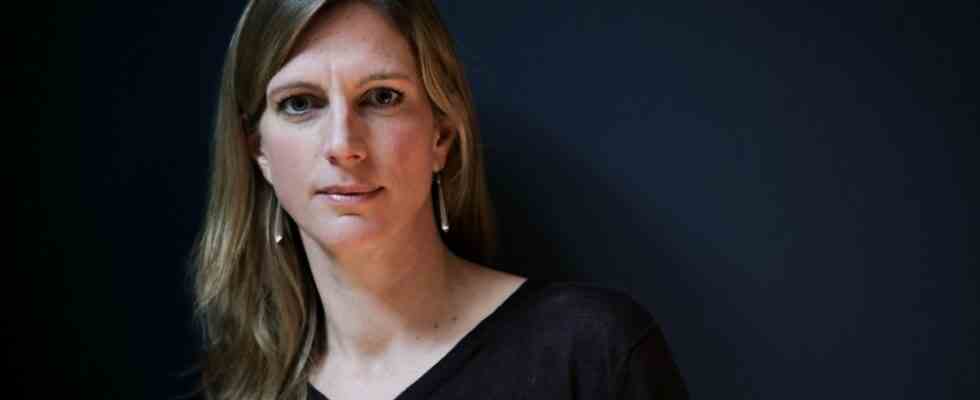The bestseller list makes a clear statement: “We can also do it differently”, Maja Göpel’s new non-fiction book, is currently in third place. It sells well, just like her book from 2020. Few manage it like the political economist, not least the ecological one To convey the upheaval in society in this way, also on TV or at congresses. Other professional things are more volatile: Göpel will not head a new center at the German Institute for Economic Research (DIW) as planned, she learned Southgerman newspaper. Instead, she designs her own center.
It was a plan that promised splendor to both sides. The 46-year-old Göpel was supposed to set up a “Center for Social-Ecological Transformation” at the large DIW, leaked out at the end of July. The sustainability expert sheds light on the necessary change in the economy and society, that’s how DIW President Marcel Fratzscher imagined it – and probably hoped that the shooting star Göpel would also have a public impact for his institute. The researcher, in turn, was offered a prominent platform for her work after her commitment to the Hamburg think tank The New Institute ended in 2021 after just six months.
At the DIW, some employees were not very happy about Göpel’s arrival. The institute already has a “Future Securing and Sustainability” unit, in which Karsten Neuhoff is responsible for climate policy and Claudia Kemfert, perhaps the best-known energy economist in the country, heads a separate department. The question was whether resources would migrate to the new center.
Internally, all department heads except one are said to have spoken out against Göpel. Although she is a very good communicator, she does not do enough scientific work on the subject matter – and there are already good people in communication. The influential board of trustees of the institute said that the DIW does not need anyone who is only present in public because he has written two books.
Göpel has already countered such criticism elsewhere, and she rejects it. “I can work scientifically clean in different formats,” she says of the SZ. The eloquent expert insists that science and mediation are not mutually exclusive, on the contrary. “The dissemination of scientific knowledge is now standard in all funding programs.”
Göpel was hardly enthusiastic that the internal discussions between the DIW and her leaked out, peppered with criticism of her person. Just as decisive for her attitude is that she checked various job opportunities from the start and only wanted to start at DIW under certain conditions. Publicly, she only says about the DIW cause: “It was one of several options that were discussed. There were framework conditions, especially structural ones, that I thought were important for the cooperation. When they couldn’t be met, I canceled. “
If a planned cooperation becomes known prematurely and then fails, it usually looks disadvantageous for both sides. For DIW boss Fratzscher, it is another difficult personnel matter after the tug of war over the head of the economic department, which has meanwhile been filled with Timm Bönke, but late.
When asked, Fratzscher emphasizes that the upcoming socio-ecological transformation is the overarching topic for his institute “and is being examined in all our departments. We will continue to look for suitable structures and frameworks in the future”. It is now unclear what form the planned social-ecological transformation center will take.
For Maja Göpel, the DIW cause this summer was just another excitement. In August, the timethat her new book, like the bestseller of 2020, was co-authored by the journalist (and occasional SZ author) Marcus Jauer, who, according to his own statements, did not want to be named.
This does not detract from the success of the book, and Göpel apparently wants to leave the DIW thing behind as quickly as possible. “An important finding for me over the past year is that new ideas also require new structures,” she says in a video call. “That’s why I decided to found”. Namely a new center, working title “Mission valuable”.
Located in Berlin, it is scheduled to start work next year. There are already sponsors. Göpel wants to bring science, politics and pioneers from business together in order to give the necessary attention to the opportunities of a transformation towards a climate-friendly, sustainable economy.
The scientist herself formulates far more resonant sentences: “We want to be a voice for the economy of tomorrow.” Successful management must develop the social, human and ecological capital of a society. “The goal for the future is to combine the highest possible quality of life with the lowest possible ecological footprint.”

